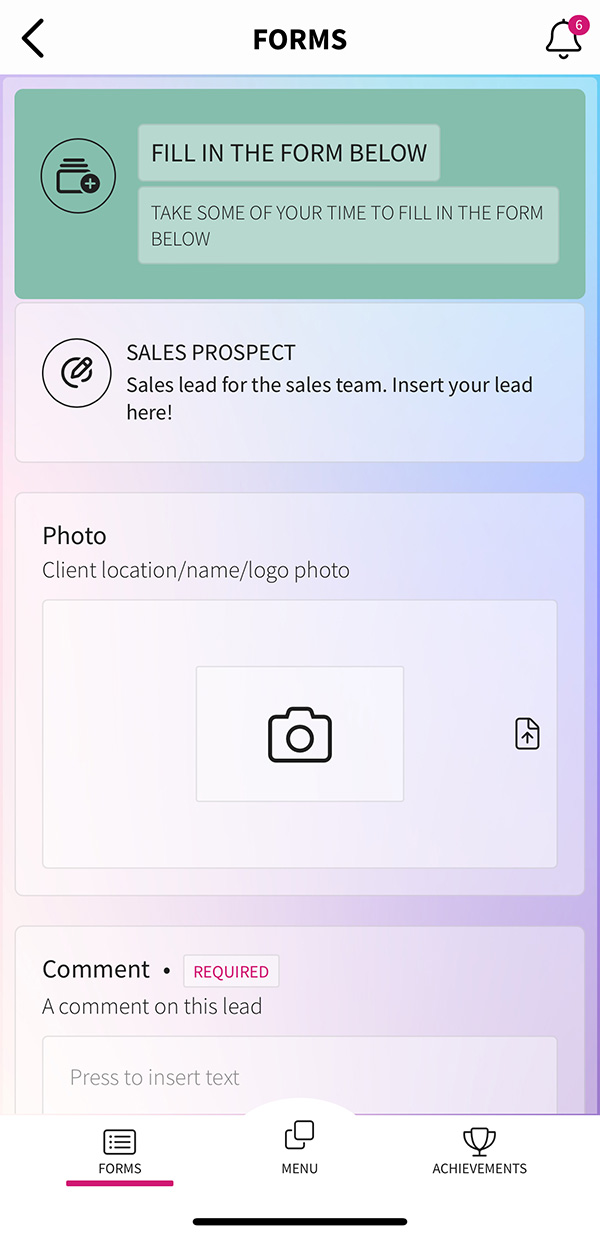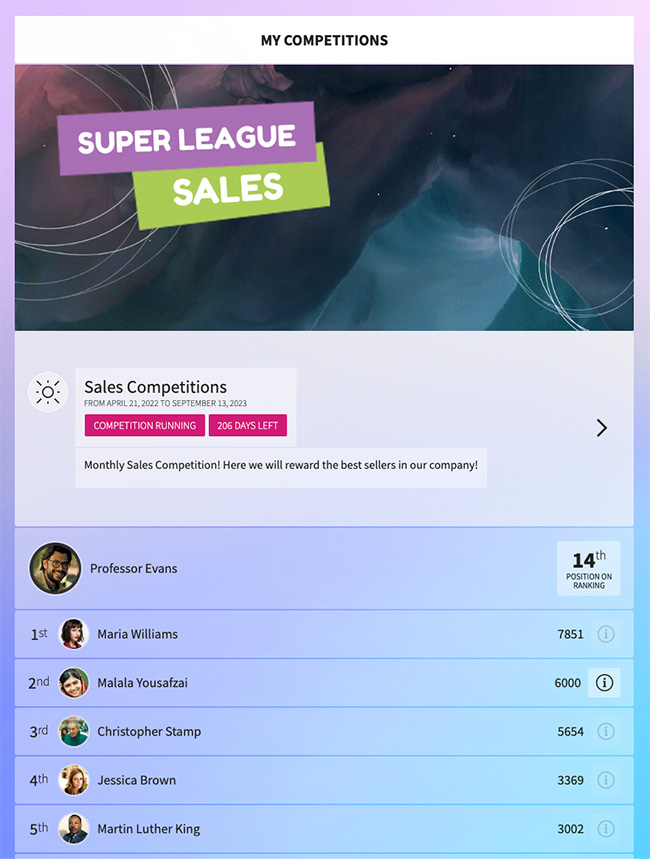 Introduction to the Sales-Centric Workforce
Introduction to the Sales-Centric Workforce
What is a Sales-Centric Workforce?
The concept of a sales-centric workforce has become increasingly vital.
This approach involves instilling a sales mindset across all departments and roles, transforming the traditional view of sales as confined to a specific team. In this introductory section, we will explore the significance of sales in every role and the broader impact of a sales-oriented culture on business success.
Understanding the Importance of Sales in Every Role
Sales is not just about transactions; it’s about building relationships, understanding customer needs, and offering solutions.
Every employee, irrespective of their position, interacts with clients or influences the product or service in some way.
This interaction is an opportunity to contribute to the sales process. Whether it’s the product development team designing user-friendly features or customer service representatives resolving queries, each role has a part to play in shaping the customer’s perception and, ultimately, sales outcomes.
The Impact of a Sales-Oriented Culture on Business Success
Adopting a sales-oriented culture does more than just increase revenue; it fosters a sense of ownership and responsibility across the organization.
Employees become more attuned to the market and customer needs, leading to innovative solutions and improved customer satisfaction. Such a culture also promotes collaboration, as different departments work together towards a common sales goal.
In the following sections, we will delve into how to develop this sales mindset across your organization and the practical steps to operationalize it, including how platforms like GFoundry can play a pivotal role.
 Developing a Sales Mindset Across the Organization
Developing a Sales Mindset Across the Organization
Why Every Employee’s Involvement in Sales Matters
The involvement of every employee in sales activities is not just beneficial; it’s essential.
Every interaction an employee has, both internally and externally, can influence the perception of your brand and contribute to sales opportunities.
This holistic approach ensures that sales are not seen as the sole responsibility of the sales department but as a collective goal.
By fostering a company-wide sales mindset, businesses can tap into diverse perspectives and skills, leading to innovative sales strategies and improved customer engagement.
Cultivating Business Literacy: Understanding Company Products and Market Dynamics
Business literacy is a critical component of a sales mindset. It involves more than just understanding what your company sells. It’s about comprehending the nuances of your products or services, the problems they solve, and how they fit into the larger market landscape.
Educating every employee about these aspects enables them to identify sales opportunities in everyday interactions and conversations.
Moreover, a deep understanding of market dynamics, including competitors, customer needs, and industry trends, empowers employees to contribute meaningfully to the company’s sales strategy, fostering a culture of continuous learning and adaptability.
Essential Sales Skills for Non-Sales Employees
Equipping non-sales employees with essential sales skills is not just an advantage, it’s a necessity. Every interaction with a client, partner, or even a colleague can open doors to new sales opportunities.
This section delves into the key skills that can turn every employee into a valuable contributor to the sales process, irrespective of their official role.
Communication Skills: The Bedrock of Effective Sales
Effective communication is the cornerstone of successful sales. It’s about more than just speaking clearly; it’s about conveying the value of products and services in a way that resonates with clients.
Non-sales employees should focus on active listening, clear articulation of ideas, and the ability to tailor messages to different audiences.
These skills are crucial in understanding customer needs, addressing concerns, and building lasting relationships.
Beyond Selling: How Every Interaction Can Contribute to Sales
Sales opportunities can arise in the least expected situations.
Whether it’s a casual conversation at a networking event or a formal meeting, every interaction holds potential. Non-sales staff should be equipped to identify these opportunities.
This involves understanding the broader market trends, being attuned to customer needs, and having the knowledge to speak confidently about the company’s offerings. It’s about creating value in every conversation and turning routine interactions into potential sales leads.
Embracing the Sales Toolkit: Practical Tips for Non-Sales Roles
A key aspect of enabling non-sales employees to contribute to sales is providing them with the right tools.
This includes access to product information, customer relationship management software, and training materials. Familiarity with these resources allows employees to engage confidently in sales-related conversations and offer accurate, helpful information.
Regular training sessions can be instrumental in keeping all staff up-to-date with the latest product features and sales strategies.
Key Sales Skills for Non-Sales Roles:
| Name of the Skill | Description |
|---|---|
| Active Listening | Understanding customer needs and responding appropriately, showing empathy and attention to detail. |
| Clear Communication | Conveying ideas succinctly and clearly, tailoring the message to the audience. |
| Market Awareness | Having a grasp of industry trends and how your products fit into the broader market context. |
| Product Knowledge | Understanding the features, benefits, and applications of your company’s offerings. |
| Opportunity Identification | Recognizing and acting upon potential sales opportunities in everyday interactions. |
| Resource Utilization | Effectively using available tools and materials to support sales-related activities. |
 How to implement a sales-centric programe using GFoundry Platform
How to implement a sales-centric programe using GFoundry Platform
Transforming your workforce into a sales-centric team is a strategic move that can significantly boost your company’s performance.
With GFoundry’s versatile platform, this transformation becomes not just possible but also efficient and engaging.
Here’s how you can leverage GFoundry to create a dynamic sales culture within your organization.
Creating an Internal Lead Generation Dynamic with GFoundry
The key to a successful sales-centric workforce lies in effective lead generation. GFoundry’s innovative approach transforms this typically specialized activity into a company-wide endeavor. By repurposing the survey module, GFoundry allows every employee to contribute to lead generation. Here’s how it works:
- Employees use the survey module to submit potential sales prospects.
- These submissions are then reviewed by managers to assess their viability.
- Upon approval, the employee who submitted the lead is rewarded with a badge and possibly other incentives.
- If the prospect converts into a customer, the employee receives a higher reward, recognizing their valuable contribution to the company’s growth.
This system not only encourages active participation from all employees but also fosters a sense of ownership and pride in contributing to the company’s sales goals.
Engaging and Motivating Employees through Gamification and Rewards
GFoundry’s gamification engine, including its Competitions module, is a powerful tool for engaging and motivating employees.
By turning sales and lead generation into a game-like experience, employees are more likely to participate actively and consistently.
Here are some ways GFoundry achieves this:
- Badges and Leaderboards: Employees earn badges for their contributions, which are displayed on leaderboards, fostering a healthy competitive environment.
- Virtual Coins: Employees can earn virtual coins for successful leads, which can be used in the marketplace for various rewards.
- Milestones: Setting clear milestones for sales contributions helps employees track their progress and stay motivated.
- KPIs Competitions: Utilizing the Competitions module, companies can set up sales-related KPIs competitions, either individually or by teams, to drive performance and engagement.
These gamification elements create an engaging and fun atmosphere, making sales a more approachable and rewarding aspect of every employee’s role.
Tracking Progress and Celebrating Achievements
An essential part of maintaining a sales-centric workforce is tracking progress and celebrating achievements.
GFoundry’s platform offers comprehensive tools for monitoring and recognizing the contributions of each employee. Managers can:
- Monitor the progress of leads and sales contributions through the platform’s analytics tools.
- Use dashboards to get an overview of team and individual performance.
- Recognize and reward top performers in real-time, reinforcing positive behaviors and outcomes.
- Organize and track sales-related KPIs competitions, creating a motivating environment that rewards high performance and fosters team spirit.
This continuous feedback loop not only keeps the workforce aligned with the company’s sales objectives but also creates a culture of recognition and achievement.
With GFoundry, every employee becomes a vital part of the sales process, contributing to a more robust and dynamic business environment.

Subscribe to GFoundry Newsletter: Weekly Insights on HR’s Most Pressing Topics
Keep on reading:
- Preparing for the Future of Work: Trends in Job Market 2030
- Mastering Employee Turnover: The Ultimate Guide to Retaining Talent and Boosting Productivity
- The Ultimate Guide for Remote Onboarding
- Pulse Surveys & People Engagement
- Benefits of a Good Organizational Climate: Productivity and Talent Retention
- Talent management platform to boost employee engagement
- How to Choose the Right Talent Management Platform for Your Business
- How to Attract, Retain, and Develop Top Talent
- The Ultimate Guide to Remote Talent Management
- HR Trends: What Will HR Look Like in 2024?
- How to improve Employee Engagement and Performance? Your Ultimate Guide
- Employee well-being – the complete guide
- How to create Impactful Learning Journeys for Employees?
- Feedback: what it is, its importance and how to do it (complete guide)
- What is the importance of Compensation and Benefits for employees?
Ready to get started?
Take the next step and learn more about how GFoundry can help you.

 Introduction to the Sales-Centric Workforce
Introduction to the Sales-Centric Workforce Developing a Sales Mindset Across the Organization
Developing a Sales Mindset Across the Organization
 How to implement a sales-centric programe using GFoundry Platform
How to implement a sales-centric programe using GFoundry Platform